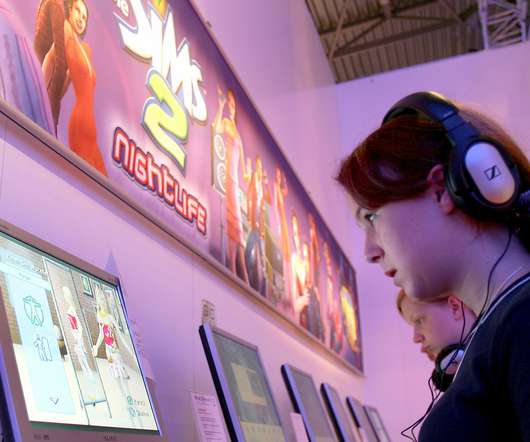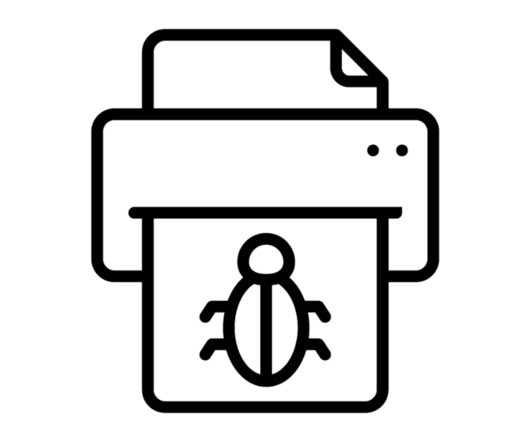An Interview With the Target & Home Depot Hacker
Krebs on Security
NOVEMBER 14, 2024
” Dmitri Golubov, circa 2005. Golubov was arrested in Ukraine in 2005 as part of a joint investigation with multiple U.S. . “My nickname was MikeMike, and I worked with Dmitri Golubov and made technologies for him,” Shefel said. “I’m also godfather of his second son.” Image: U.S. ” he inquired.















Let's personalize your content